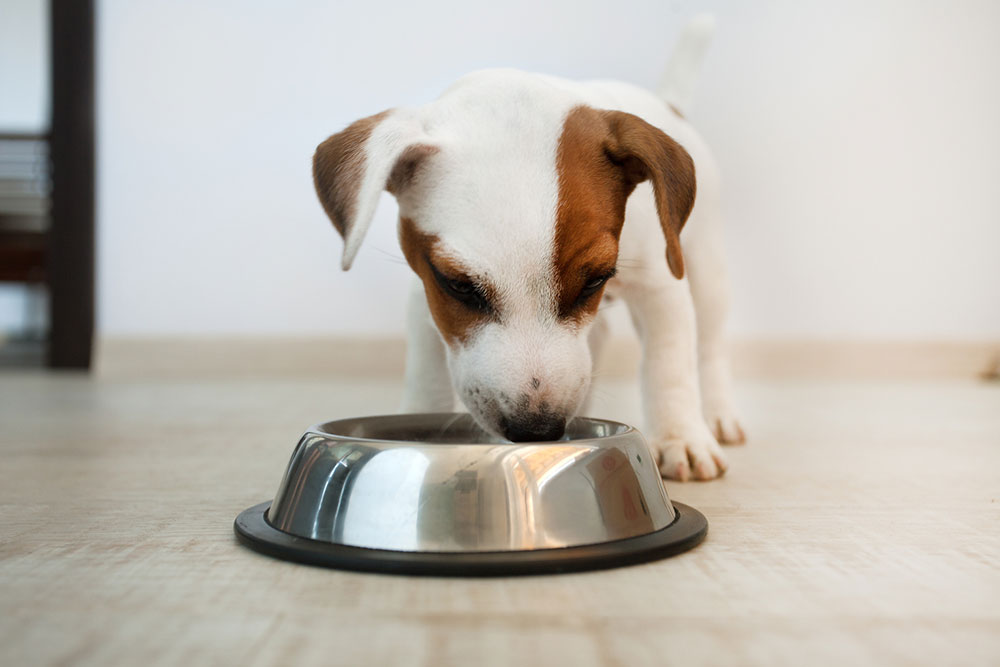Comprehensive Guide to Identifying and Treating Canine Food Allergies
This guide provides essential insights into recognizing and managing food allergies in dogs. It covers symptoms, common allergens like beef, dairy, wheat, eggs, chicken, and soy, and discusses diagnostic methods such as elimination diets. Proper diagnosis and tailored treatment strategies, including vet-prescribed diets or home-cooked meals, are vital for ensuring your dog’s comfort and health. Understanding these factors can help pet owners address allergies effectively and improve their furry friend’s quality of life.

Comprehensive Guide to Identifying and Treating Canine Food Allergies
Understanding Food Allergies in Dogs
If your dog frequently scratches, shakes its head, or appears uncomfortable, it may be suffering from a food allergy. Confirming this diagnosis requires veterinary guidance to rule out other causes. While dietary ingredients are often at the root, environmental factors can also contribute. It's important to distinguish food intolerance from a true allergy. Accurate diagnosis and customized management strategies are essential for maintaining your pet’s well-being.
What Are Food Allergies in Canines?
Food allergies happen when a dog’s immune system overreacts to specific proteins found in their diet. Though meat is often blamed, grains and vegetables may also trigger allergic reactions. Identifying the problematic ingredients is key to effective management.
Symptoms of Food Allergies
Signs include gastrointestinal discomfort, constant itching, ear infections, diarrhea, and excessive licking of paws.
Common Food Allergens for Dogs
Beef: A common allergen due to frequent use in pet foods, especially for long-term diets.
Dairy: Often causes lactose intolerance, leading to gas, vomiting, or diarrhea, rather than true allergies.
Wheat: Usually associated with intolerance but can occasionally cause allergic responses.
Eggs: Proteins in eggs may provoke immune reactions in sensitive dogs.
Chicken: Like beef, it can be a potential allergen for some pets.
Soy: In some cases, linked to growth, reproductive, or organ health issues.
Diagnosing and Managing Food Allergies
Elimination diets involve removing suspected foods and gradually reintroducing them to identify allergens. Some dogs may outgrow allergies over time or adapt to their environment. Veterinarians may recommend hydrolyzed diets or specially prepared home-cooked meals. Avoid relying solely on hypoallergenic options, and always seek professional advice for tailored treatment plans.


